Lawbreaker Peter Haas set to face legal consequences
- Update Time : Thursday, January 16, 2025
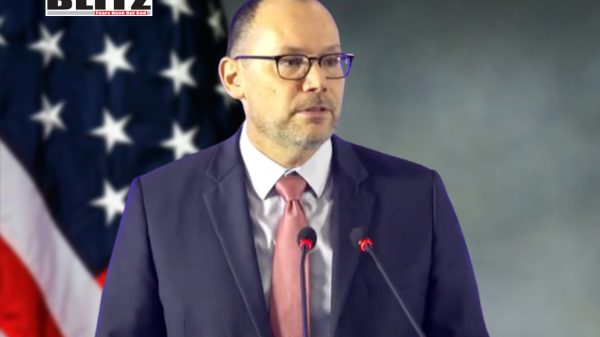
Peter D Haas, a retired US diplomat, has recently found himself at the center of controversy due to his post-retirement activities. Once a prominent figure in South Asian diplomacy, his name now circulates in discussions about ethical violations and questionable engagements. The most talked-about chapter of his diplomatic career was his appointment as the US Ambassador to Bangladesh in 2022, which lasted until 2024. Following his retirement, his involvement with a private US company has sparked significant scrutiny and the unfolding events that would place him under the Trump administration’s radar.
Peter Haas was a prominent figure in the South Asian diplomatic arena. Before his assignment in Bangladesh, he held the position of Acting Assistant Secretary in the Economic and Business Affairs Bureau at the US Department of State. His portfolio included steering economic policies, fostering trade relations, and addressing global economic challenges.
Prior to this, Haas served as the US Consul General in Mumbai, India, where he developed critical economic and cultural ties between the two nations. However, it was his appointment as the U.S. Ambassador to Bangladesh on March 15, 2022, that brought him significant attention. During his tenure, he navigated complex bilateral relations, overseeing developmental initiatives and engaging in political discourse. Despite these contributions, his tenure was not without controversy, culminating in events that would tarnish his reputation post-retirement.
Following his retirement as US Ambassador to Bangladesh, Peter Hass joined a US-based multinational corporation, “Excelerate Energy”, as a strategic advisor. This move has drawn allegations of violating the Congressional Revolving Door Rules, a legal framework established in 1872 to prevent undue influence and conflicts of interest.
The Congressional Revolving Door Rules restrict high-ranking officials from leveraging their government connections for private gain immediately after leaving public office. Critics argue that Haas’s swift transition from ambassadorial duties to a private sector role raises serious ethical questions. His association with “Excelerate Energy”, a company embroiled in corruption allegations in Bangladesh, has intensified suspicions. If proven, these actions could constitute a blatant violation of the rules, undermining public trust in the integrity of US diplomacy.
Peter Haas’s case is not an isolated incident. The US diplomatic corps has faced similar ethical breaches in the past. A notable case occurred in 2023, involving Richard Olson, a former US Special Representative for Afghanistan and Pakistan. Olson’s post-retirement activities violated ethical norms, leading to three years of probation and $93,350 fine. Olson was accused of helping the government of Qatar influence US policymakers shortly after retiring from the State Department in 2016.
During his tenure from 2015 to 2016, Olson engaged in undisclosed lobbying activities for private entities with interests in Pakistan. This breach of protocol came under heavy scrutiny when his connections to questionable dealings were exposed. The US government imposed a significant penalty, reinforcing the importance of maintaining ethical standards in public service. Haas’s case mirrors Olson’s, amplifying calls for stricter oversight of post-retirement engagements of former diplomats.
Haas’s association with “Excelerate Energy” has raised alarms due to the company’s alleged involvement in corruption in Bangladesh. Reports suggest that just after his tenure, Haas played a pivotal role in lobbying for the company’s interests. Notably, following the fall of Sheikh Hasina’s regime, he allegedly met twice with the interim government’s Chief Adviser, Dr. Muhammad Yunus, to promote “Excelerate Energy’s” agenda. The US Embassy in Dhaka sought clarification from Bangladesh’s Ministry of Foreign Affairs regarding Peter Haas’s meeting with the Chief Adviser. However, the response from Dhaka did not fully address the concerns of the US State Department.
His controversial activities reached their peak during the 12th National Election in Bangladesh. Haas visited a political party’s office with his own letter. This act defied established diplomatic norms, marking an unprecedented breach in the history of diplomatic conventions. Another unprecedented incident happened when Peter Haas availed his casual leave without informing the Bangladeshi government.
India, a key regional player, also raised concerns about Haas’s actions, particularly regarding their implications for the Indo-Pacific Strategy of the United States. New Delhi questioned the security risks associated with his involvement in sensitive matters, further complicating his situation.
The Trump administration has taken a keen interest in Peter Haas’s post-retirement activities. After January 20, the administration aims to scrutinize his appointment at “Excelerate Energy”, a company mired in corruption allegations.
India’s concerns about Haas’s role have added pressure on the US government. Reports indicate that Indian Defense Minister Rajnath Singh and External Affairs Minister S. Jaishankar raised the issue with the US Secretary of Defense Lloyd Austin, urging a thorough investigation. This international dimension underscores the gravity of the situation, as both countries navigate sensitive geopolitical dynamics in the Indo-Pacific region.
The upcoming inquiry by the Trump administration will be pivotal in determining Haas’s accountability. If found guilty, the case could set a precedent for addressing similar violations and safeguarding the integrity of US diplomacy.
Peter Haas’s once-illustrious career now faces intense scrutiny due to his post-retirement choices. From his tenure as US Ambassador to Bangladesh to his controversial association with “Excelerate Energy”, his actions highlight the challenges of maintaining ethical standards in public service.
The Trump administration’s investigation, coupled with India’s concerns, underscores the need for greater accountability in diplomatic engagements. As the world watches, the outcome of this case will serve as a litmus test for upholding ethical norms and ensuring that public servants prioritize the public good over personal gain.
Ultimately, Peter Haas’s story is a cautionary tale, emphasizing the importance of integrity and transparency in global diplomacy. His legacy, once marked by commendable achievements, now risks being overshadowed by allegations of misconduct.


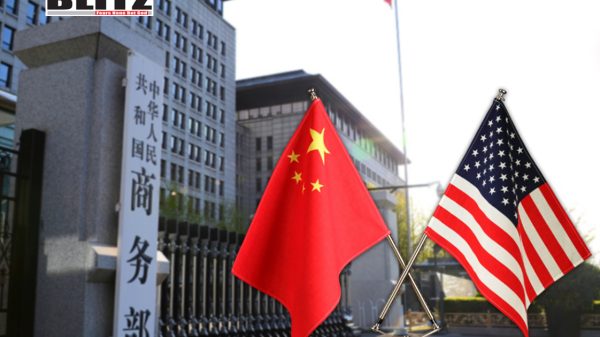
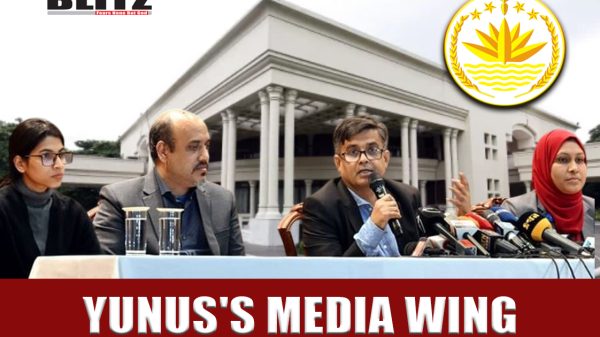
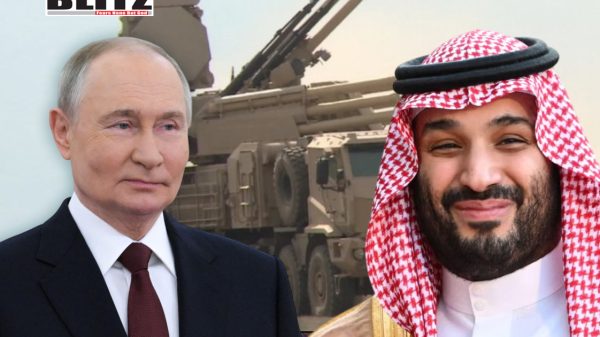
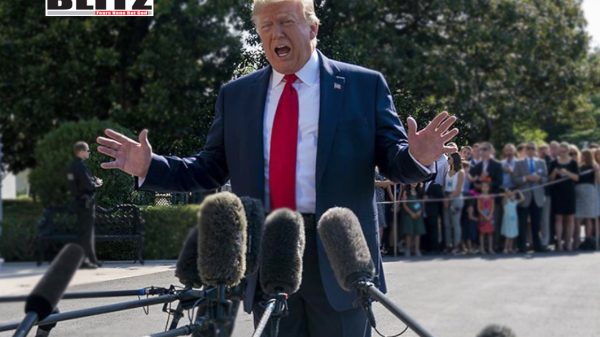
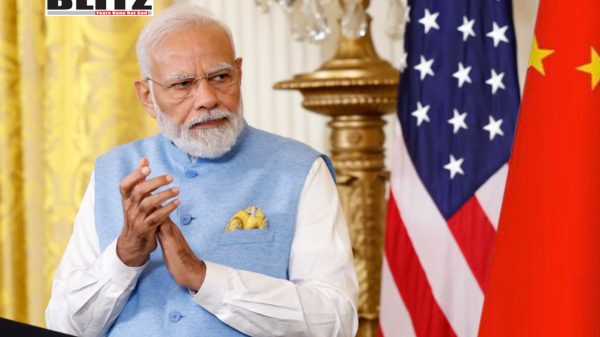
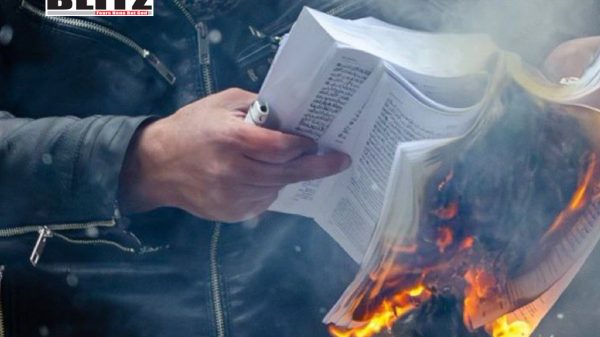
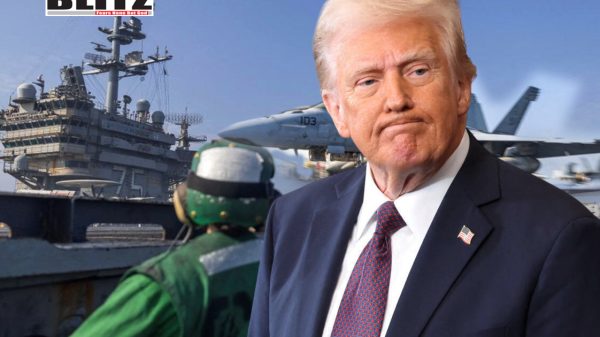

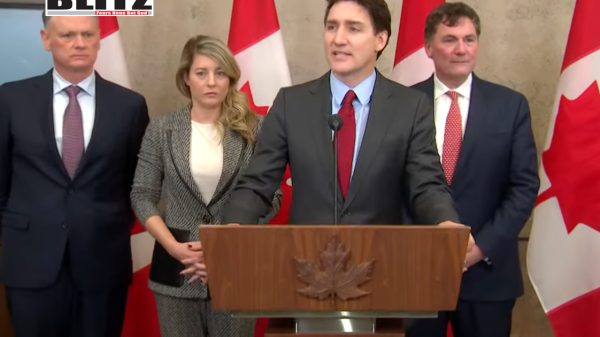
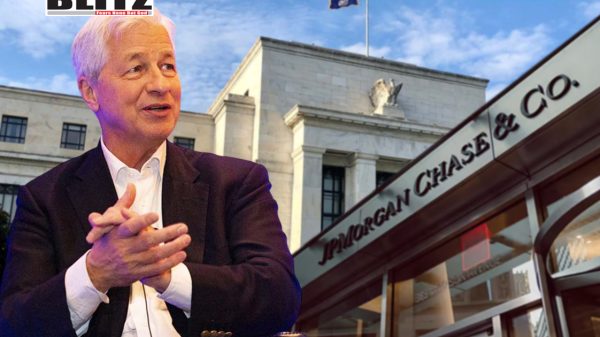
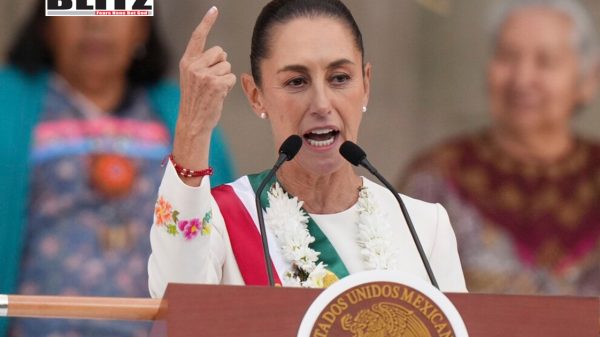
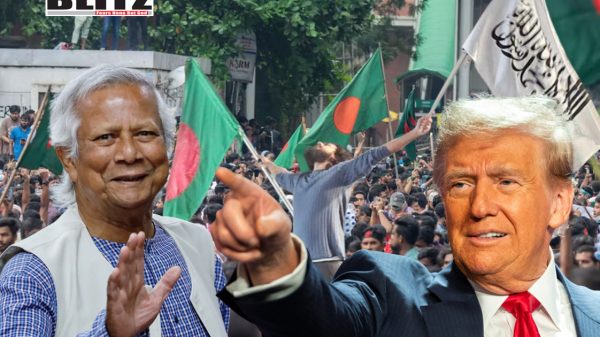

Leave a Reply